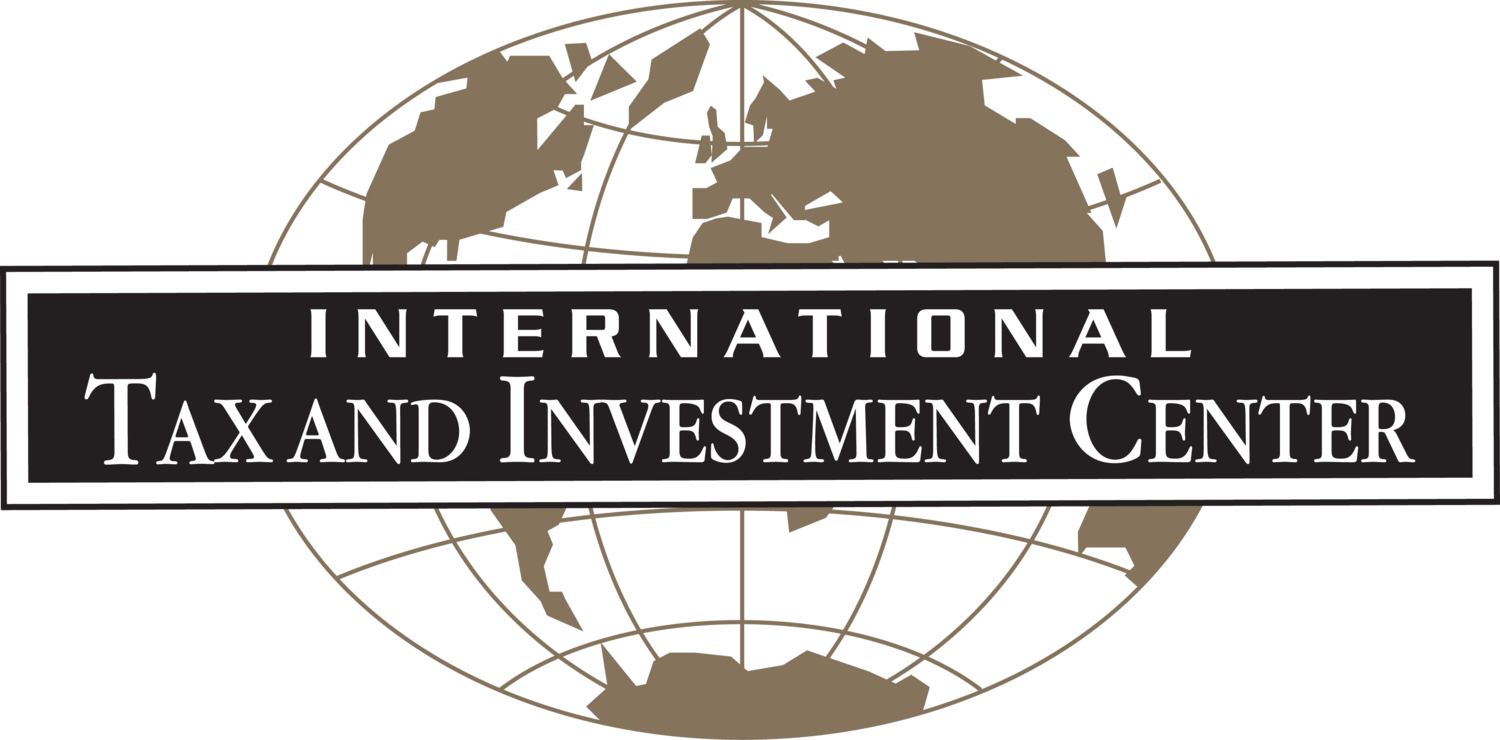On 17 February, ITIC chaired a Caspian Mineral Tax Committee (CMTC) videoconference linking senior Kazakhstan tax officials with oil and gas industry representatives gathered in Houston as part of EY’s annual CIS energy tax conference. Below are highlights of the discussion, which focused on BEPS implementation and the tax and customs reform agenda in Kazakhstan. Fiscal legislation regulating these issues will be submitted to the Parliament in early Fall 2016. ITIC will continue to monitor this process and advise sponsors of opportunities for comment and analysis.
Base Erosion and Profit Shifting (BEPS)
Mr. Almas Bazarbayev, Deputy Head of the International Cooperation Division of the Finance Ministry’s State Revenue Committee (SRC), discussed the SRC’s work to analyze the scope of changes arising out of the BEPS Project, including in respect of international treaties (particularly EOI arrangements) as well as with the national legislation. The SRC is working closely with the OECD on draft legislation, to be finalized in June 2016, which would introduce the main BEPS standards in Kazakhstan in January 2017.
Planned Tax Policy Reform
Mr. Daryn Abduali, Deputy Head of the Tax and Customs Policy Department at the Ministry of National Economy (MNE---responsible for tax policy), discussed the program of the MNE-led working group, formed pursuant to Presidential Decree, to undertake several major tax and customs reform initiatives, as follows:
- Tax and customs codes’ unification;
- Introduction of sales tax replacing VAT;
- Review of existing tax incentives, exemptions and reliefs in order to evaluate their effectiveness;
- Subsurface use taxation reform;
- Reform of ecological taxation policy and provisions; and
- General improvement of tax and customs administration practice. World Bank and EBRD assistance with these tasks was being sought. ITIC offered to assist officials as possible with these tasks.
Mr. Abduali also outlined a series of unsettled action items in relation to SSU, as follows:
- Introduction of a sliding scale for mineral resources production tax;
- Abolition of tenfold increase in the ecological tax; and
- Elimination of local authority to increase the ecological tax by as much as 20x; and,
- Revision of regulations regarding compensation (restoration) due to ecological damage.
In this regard, Mr. Abduali noted that the MNE Tax and Customs Policy Department has studied the operations of subsurface user companies across a great range of jurisdictions and were developing their approach on these action items based on this analysis.
